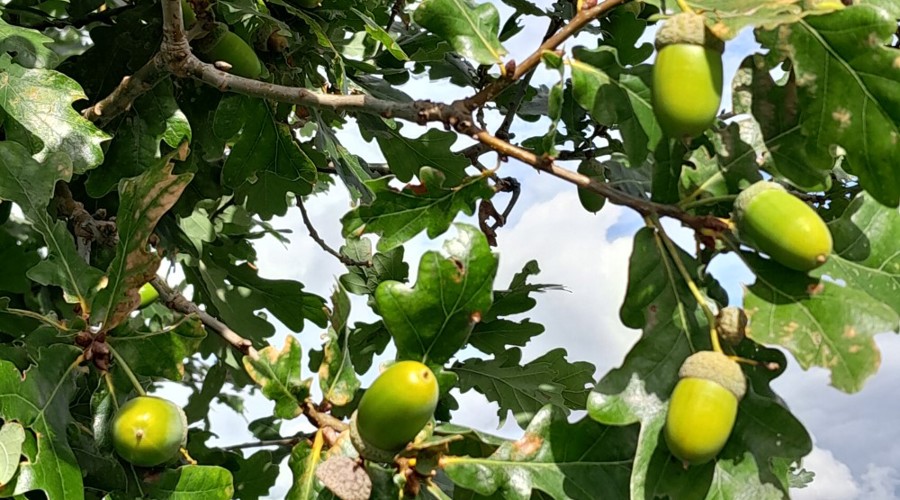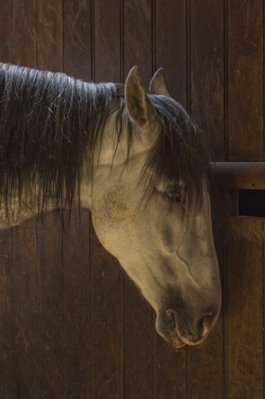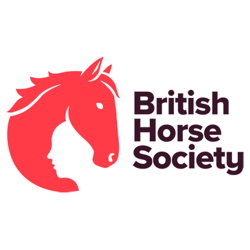Are acorns poisonous to horses?
If eaten, acorns, leaves and branches from oak trees pose a risk of poisoning to horses1,2,3. Fortunately, acorn poisoning is rare in horses due to the bitter taste, but some years we see it more frequently, potentially due to a larger crop of acorns.

Acorns contain a substance called tannic acid2, which when eaten in sufficient quantity (this may be different for each individual horse) the tannins can cause serious illness.
What increases the risk of acorn poisoning?
- Some horses are naturally more susceptible to acorn poisoning, a small amount may make them ill4
- Overgrazed paddocks or long hot summers reducing grazing quality and lack of forage increase the chance of horses eating acorns
- An increase in acorn fall after strong winds or storms
- Some horses, regardless of taste, quality of grazing or even extra forage, may seek out acorns — there’s anecdotal evidence that some horses develop a liking bordering on addiction for acorns and will actively seek them out5
How can I reduce the risk?
If your field has acorns, it’s best to avoid using it until they can be cleared. A battery-powered paddock vacuum or sweeper is a great option for larger areas and can make the job more efficient. For smaller or more targeted spots, a nut roller (also called a nut gatherer), leaf vacuum, or shop vac can work well and are easier to handle.
If you prefer a low-tech approach, manually raking the acorns into piles and using a tarp or wheelbarrow to collect them can also be effective (though we know this can be quite labour intensive).
If clearing isn’t possible straight away, providing good quality forage away from the oak trees can help reduce the chances of horses eating acorns. Alternatively, setting up electric fencing around the tree, ideally to the branch span, can help keep horses away from fallen acorns.
Once the acorns have been cleared and the trees have stopped dropping, the field should be safe to use again in spring. All parts of the oak tree can be toxic, but the new buds, young leaves, and green (juvenile) acorns are the most harmful. As these aren’t usually dropped, they shouldn’t pose a risk to horses as long as they can’t reach them.
It’s always important to check the area carefully before turning horses out.
What are the signs?
- Acorn husks in droppings
- Depression
- Dehydration
- Lethargy, not moving around as much as normal
- Reduced appetite
- Increased lying down
- Colic
- Diarrhoea containing blood
- Constipation
- Mouth ulcers

How do you treat acorn poisoning in horses?
There is no specific treatment for acorn poisoning and the care given to your horse will depend on the number of acorns eaten and the stage of illness. Intravenous fluids will help wash out the toxins and prevent further damage to the organs. To stop damage in the intestines, activated charcoal4, mineral oil or paraffin may be administered by your vet. Pain killers may be given if the horse has colic symptoms but encouraging the horse to eat hay and drink water will also help dilute the toxins6.
What do I do if I suspect acorn poisoning?
If you have concerns for your horse, call your vet and they’ll be able to advise the best course of action.
References
chevron-down
chevron-up
1. Anderson, G. A. et al. (1983). Fatal acorn poisoning in the horse: pathologic findings and diagnostic considerations. Journal of American Veterinary Medicine. 182 (10) 1105-1110.
2. Smith, S. et al. (2014). Suspected acorn toxicity in nine equines. Equine Veterinary Journal.47(5):568-72
3. Bonnevay,E. (2020). Are acorns edible? And other acorn facts. Woodland Trust.
4. XLVets. (2020). 110 Acorn Factsheet.
5. Pet MD. (2012). Acorn Poisoning in Horses.
Get in touch – we’re here to help
The Horse Care and Welfare Team are here to help and can offer you further advice with any questions you may have. Contact us on 02476 840517* or email welfare@bhs.org.uk – you can also get in touch with us via our social media channels.
Opening times are 8:35am-5pm from Monday–Thursday and 8:35am-3pm on Friday.
*Calls may be recorded for monitoring purposes.


